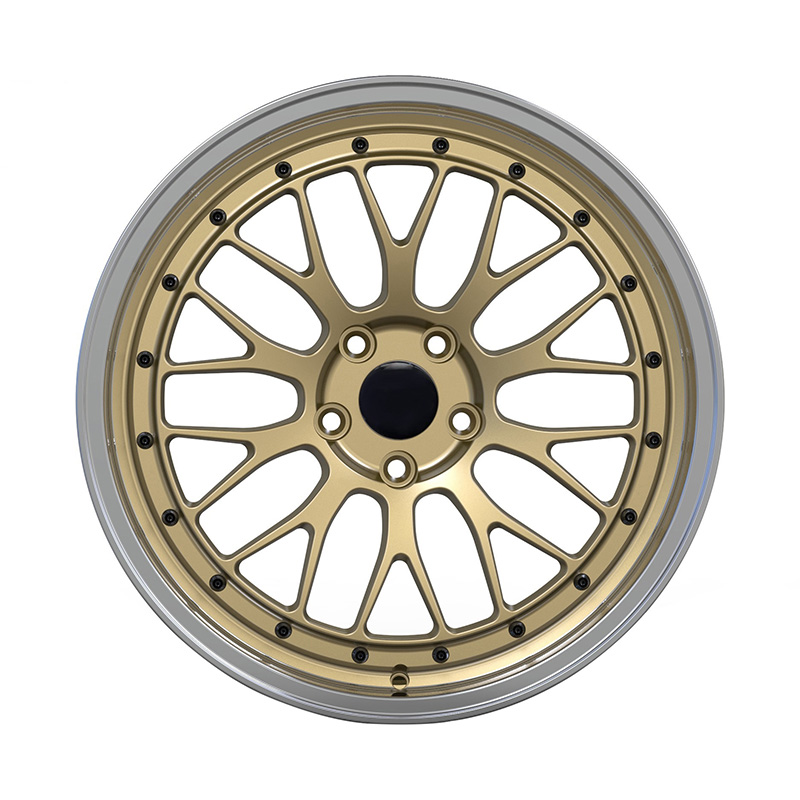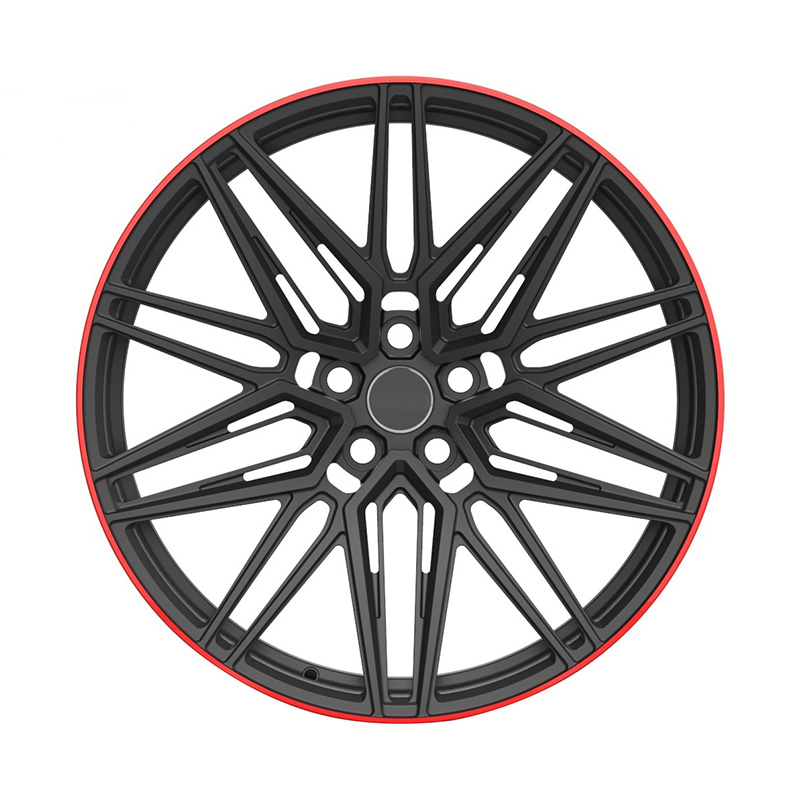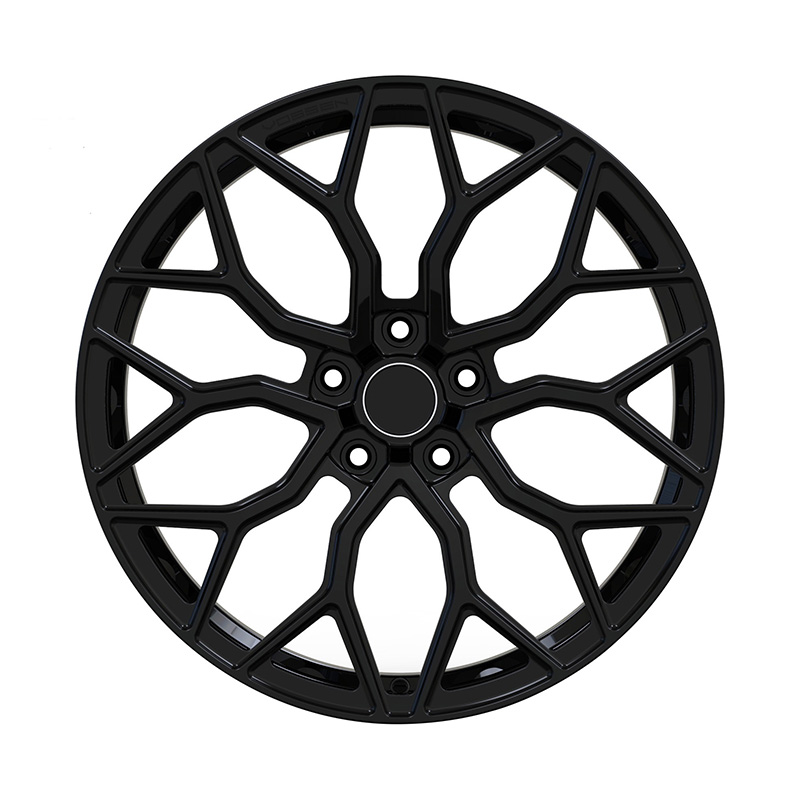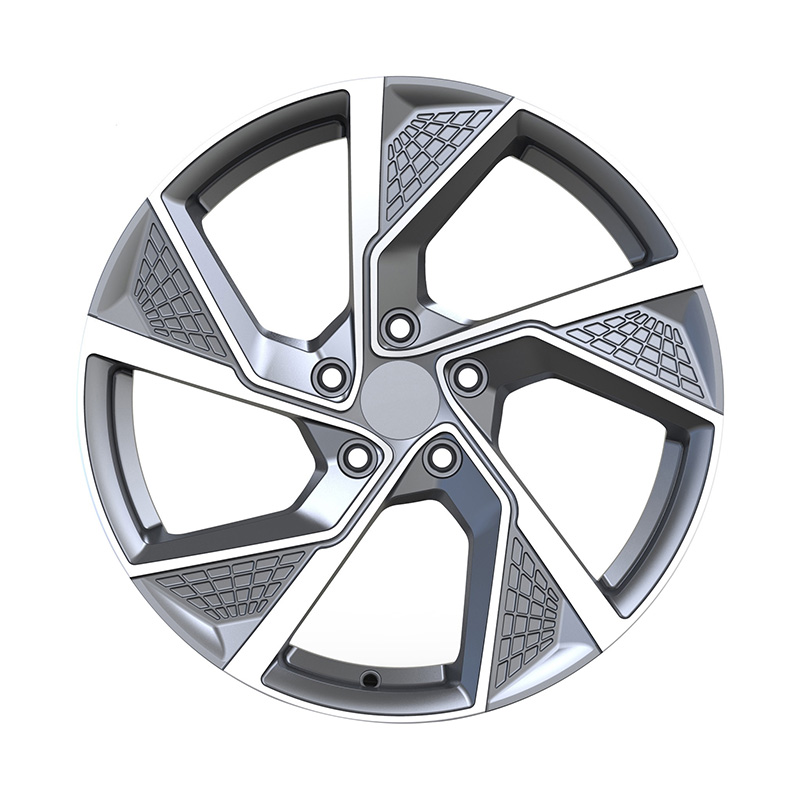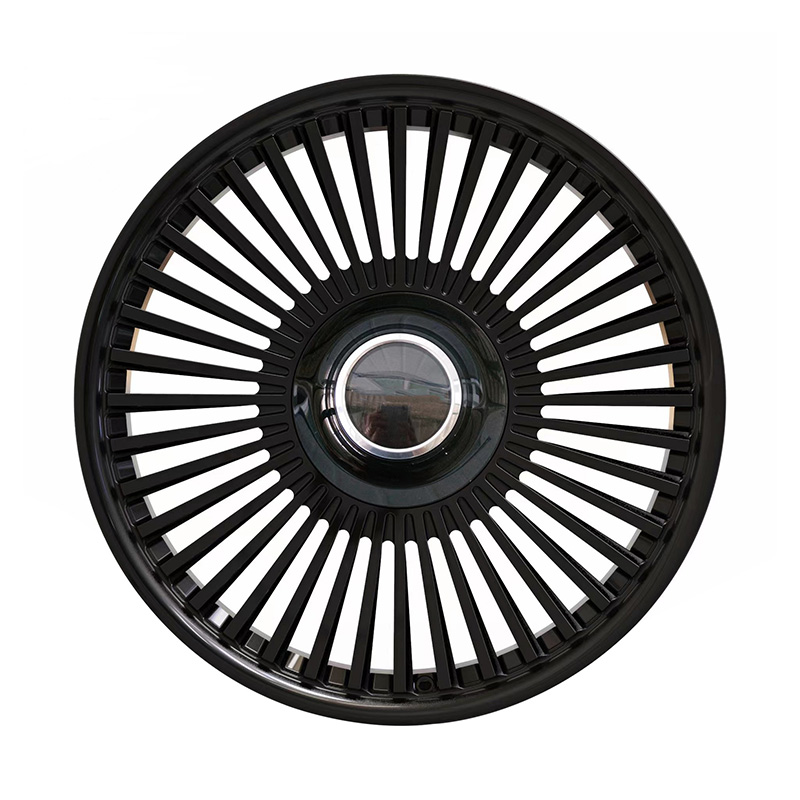
Submit
Submit feedback
The Role of Custom Forged Wheels in Vehicle Modification: Noise and Comfort
2025-08-15
1. Reducing Unsprung Mass and Improving Comfort
Custom Forged Wheels are made of high-strength aluminum alloy and forged under high pressure to achieve a lighter weight. Compared to traditional cast wheels, they can reduce unsprung mass by approximately 20% to 30%. Unsprung mass is the part of the suspension system that comes into direct contact with the ground. The lighter the mass, the more responsive the suspension system and the better the vehicle's ability to absorb road vibrations. This means that when encountering potholes or bumps on the road, the wheel reacts more quickly, effectively reducing vibration transmission to the vehicle body and improving overall comfort.
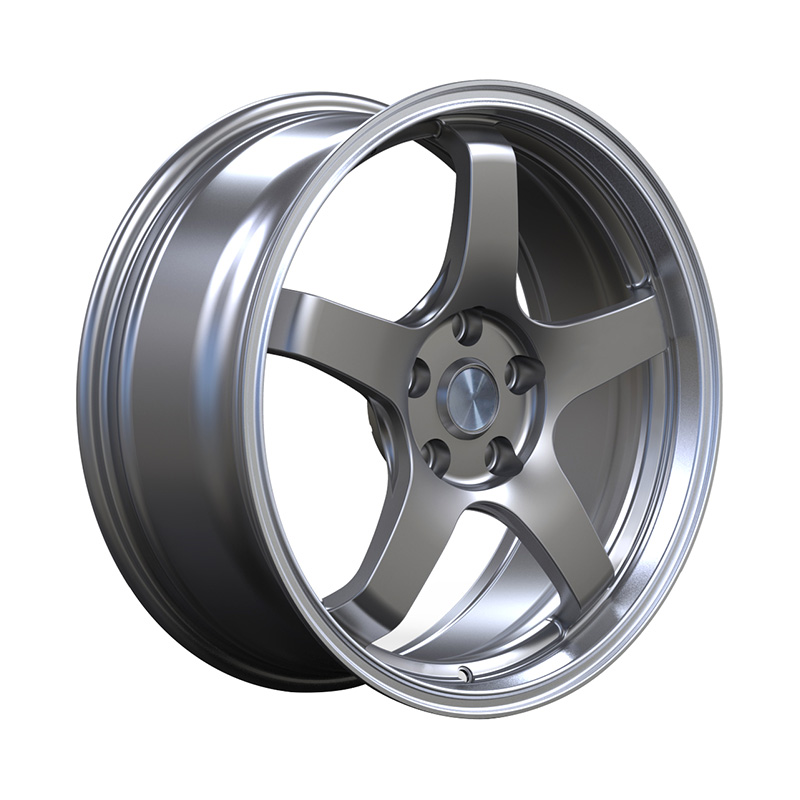
2. Reducing Road Noise Transmission
The material and structural design of the wheel have a direct impact on the transmission of road noise. Due to their dense material and high rigidity, Custom Forged Wheels effectively suppress the propagation of high-frequency vibrations. For example, when a vehicle travels over rough roads, microvibrations generated between the tire and the road surface can easily be transmitted directly into the vehicle cabin, causing annoying "road noise" if the wheel hub structure is not adequately cushioned. The high-strength structure of a forged wheel hub helps dissipate these vibrations, thereby reducing noise levels and enhancing cabin quietness.
3. High-Precision Machining Reduces Unbalanced Noise
Custom Forged Wheels utilize precision CNC machining, resulting in wheel hub concentricity and dynamic balancing accuracy far exceeding that of conventional cast wheels. One direct benefit of this high precision is improved tire stability at high speeds, with virtually no resonant noise caused by eccentric runout or unbalanced rotation. Many car owners who switch to forged wheels noticeably notice a quieter ride at high speeds, reduced steering wheel vibration, and a more stable driving experience.
4. Key Contributions of Custom Forged Wheels to Noise and Comfort
|
Aspect |
Contribution of Custom Forged Wheels |
|
Unsprung Mass Reduction |
Improves suspension response, resulting in smoother ride quality |
|
Material Density & Strength |
Reduces transmission of road vibrations and high-frequency tire noise |
|
CNC Precision Machining |
Enhances rotational balance, lowering resonance and steering vibrations |
|
Design Customization |
Enables structural tuning for better vibration dampening and comfort |
|
Compatibility with Quiet Tires |
Allows integration with noise-reducing tire technologies for further insulation |
5. Synergy Between Wheel Design and Comfort
Custom Forged Wheels can be customized in both structure and appearance based on the vehicle model and user preferences. In terms of comfort, the vehicle's vibration absorption can be optimized by controlling the spoke structure, rim thickness, and the overall tire-to-wheel ratio. For example, in a comfort-first modification, designers can employ a spoke structure with cushioning to reduce the rigid impact at the tire-wheel junction.
Furthermore, forged wheels can be perfectly paired with high-performance, noise-reducing tires, such as those with sound-absorbing foam or multi-layer tread structures. This reduces tire and rolling noise at the source, providing a more comfortable driving experience for high-end vehicle owners.
Future research focusing on comfort and NVH (noise, vibration, and harshness) performance will provide further innovation opportunities for forged wheels.
recommend products
-
Zhenlun Multi Spokes Split Monoblock Forged Wheels Bronze With Silver Lip Edge
-
Zhenlun Matt Black With Red Lip Monoblock Forged Wheels
-
Zhenlun Gloss Black Monoblock Forged Wheels Gloss Black For Sports Car
-
Zhenlun Monoblock Forged Wheels Lightgrey With Machined Face
-
Zhenlun Monoblock Forged Wheels Gloss Black Dense Multi Spoke

 0
0

